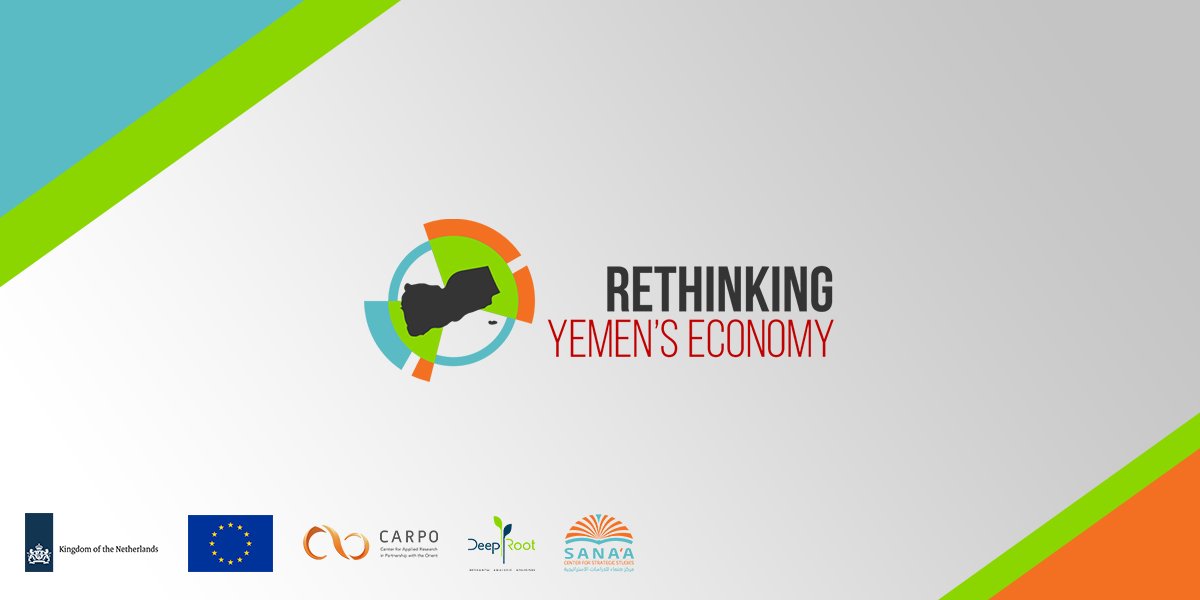Policy Briefs
The Impact of Flooding on Agricultural Communities in Yemen

Executive Summary
Yemen's agricultural communities face a perfect storm of growing ecological threats amid protracted conflict. Flash floods destroy farms, crops, and irrigation systems. Late rains risk drowning mature harvests, and waterlogged fields hinder root growth. Coastal areas battle salinization, and collapsed roads and buried wells hamper recovery. As flooding and changing rainfall patterns undermine yields, farmers struggle to sustain their livelihoods. Over half of Yemen's population is dependent on farming and agricultural work for income. Terrain altered by flooding has stirred tensions as property lines and irrigation channels shift, displacing communities already uprooted by the war. Traditional flood management faces pressure from uncoordinated development and fading communal cooperation, and information gaps persist due to outdated estimates and limited monitoring capacity.
Stakeholders are employing various strategies in order to adapt. Some communities are able to divert excess water flows and rebuild cooperatively. NGOs are rehabilitating degraded lands and establishing early warning systems. Private sector actors have improved monitoring to fill gaps in government data. But disjointed and inconsistent policies, a lack of coordination among stakeholders, limits on women’s participation, and widespread financial hardship all weaken comprehensive risk management.
This paper examines the impact of floods on agricultural communities, based on the discussions and outcomes of a workshop implemented by the Rethinking Yemen’s Economy initiative with representatives from different governorates. It presents an analysis of the impacts of flooding and explores local prevention, mitigation, and adaptation measures. It concludes with policy recommendations to mitigate flooding and its impact on agricultural communities, enhance food and water security, and build resilience against future extreme weather events.
Selected policy recommendations
- Mainstream climate change considerations into national policies and strategies across sectors, while taking into account the indigenous experiences of communities in forging climate resilience.
- Develop and implement a national strategic plan for a unified early warning system that integrates local capacities and coordinates across regions.
- Establish a disaster risk reduction strategy, and fund and support the implementation of flood management plans, agricultural resilience projects, and climate adaptation at national and local levels.
- Prohibit agricultural, residential, and commercial development in flood-prone areas and protect existing agricultural lands from urban encroachment through legislation.
- Decentralize flood management and agricultural protection planning by promoting collaboration between local authoritiesgovernments, farmers’ cooperatives and communities, and research organizations with technical and financial support from national ministries and international organizations.